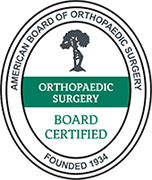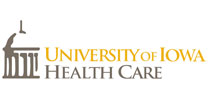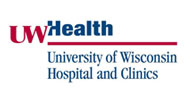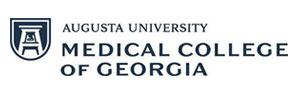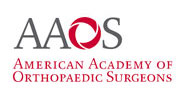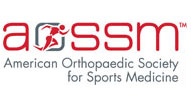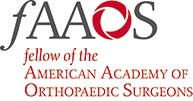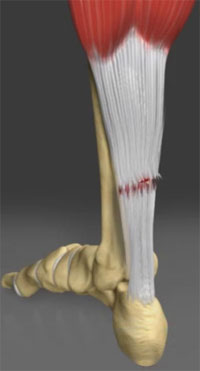
What is an Achilles Tendon Rupture?
The Achilles tendon is a strong fibrous cord present behind the ankle that connects the calf muscles to the heel bone. It is used when you walk, run and jump. The Achilles tendon ruptures most often in athletes participating in sports that involve running, pivoting and jumping. Recreational sports that may cause Achilles rupture include tennis, football, basketball, and gymnastics.
What are the Symptoms of Achilles Tendon Rupture?
When the Achilles tendon ruptures, you will experience severe pain in the back of your leg above your heel, swelling, stiffness, and difficulty standing on tiptoe and moving the leg when walking. A popping or snapping sound may be heard when the injury occurs.
How is an Achilles Tendon Rupture Diagnosed?
Your doctor diagnoses the rupture based on the symptoms, history of the injury and by performing a thorough physical examination. Your doctor may also feel a gap or depression in the tendon, just above the heel bone. Your doctor will gently squeeze the calf muscles. If the Achilles tendon is intact, there will be flexion movement of the foot, if it is ruptured, there will be no movement observed.
What is the Treatment for an Achilles Tendon Rupture?
An Achilles tendon rupture is treated using non-surgical methods or surgery. Non-surgical treatment involves wearing a cast or special brace that lifts your heel and allows the tendon to heal.
Surgical treatment involves opening the skin and suturing the torn tendon together. Surgery helps to lower the recurrence of the Achilles tendon rupture.
With either treatment, physical therapy is recommended to improve the strength and flexibility of the leg muscles and the Achilles tendon.
How do you Prevent an Achilles Tendon Rupture?
To help prevent an Achilles tendon injury, it is a good practice to perform stretching and warm-up exercises before participating in any exercises or sports activities. Gradually increase the intensity and length of time of the activity. Muscle conditioning may help to strengthen the muscles in the body.

